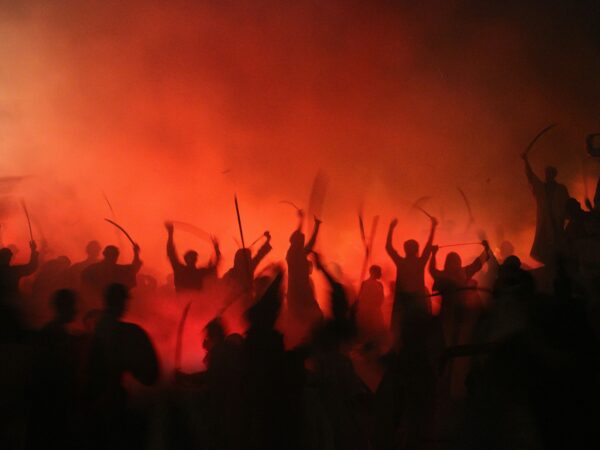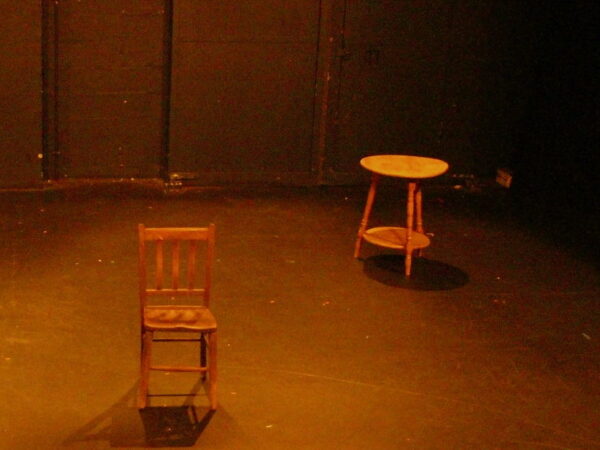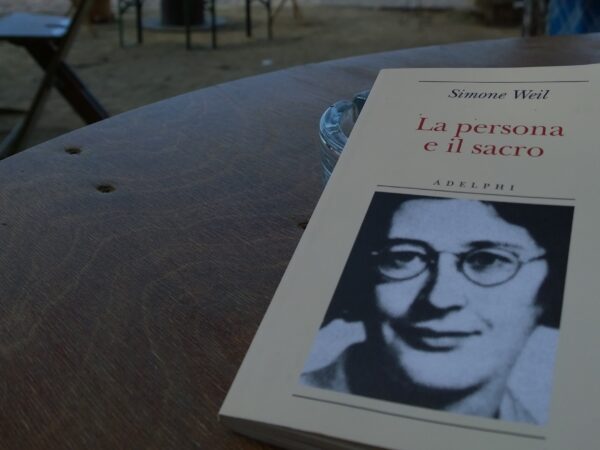
In keeping with the Center’s focus on scholarly and public engagement with issues at the intersection of politics and religion in the United States, we invite reflection on Weil that considers her thought in dialogue with religious life in the US. Please send your 500-word abstracts on Weil and political theology to Fannie Bialek and Ben Davis by November 15, 2022.
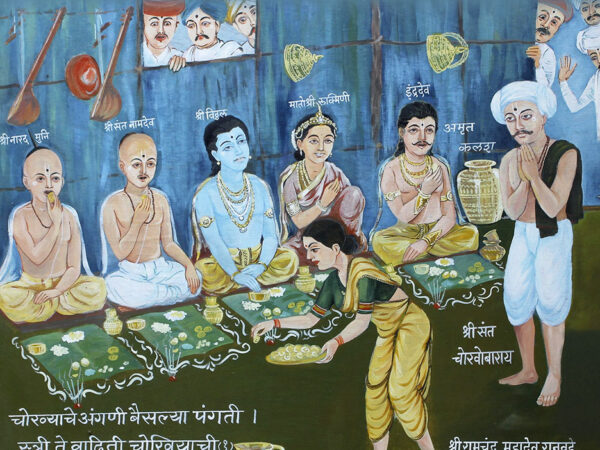
Early modern Indian saint-poets challenged the hierarchical caste-based Hindu social order by democratizing the sacerdotal ritual tradition. Food commensality was an effective means used for undertaking such democratizing processes.

Today marks the one-year anniversary of Charles Mills’ death. To commemorate his life and the 25th anniversary of his influential work, The Racial Contract, we invited scholars to respond to the question: How has The Racial Contract helped you think in new ways about the connections between religion, theology, and politics? Here are their reflections on Mills’ legacy in their own work and beyond.
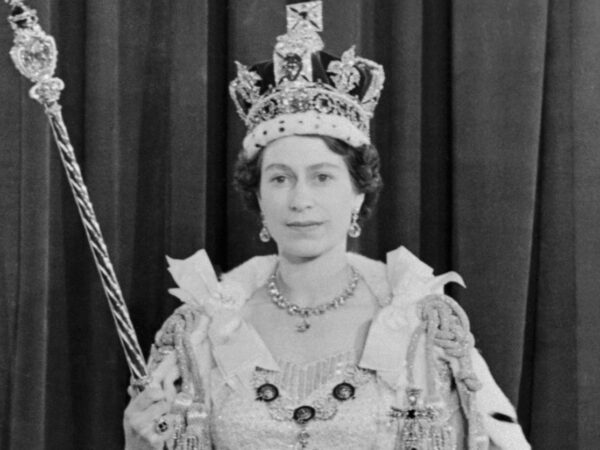
People need structures to believe in, to focus their hopes and fears on – and when those structures disappear, the rupture can be disturbing, as those energies quickly get re-configured around something else.

In the end, we think that this collaboration of journals has produced an interdisciplinary exchange that deepens and complicates categories of race, equality, citizenship, and belonging that are salient in different ways to the fields of Law and Religion and Political Theology.
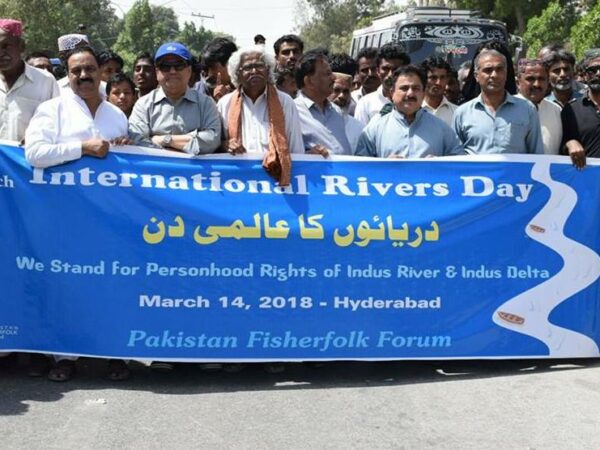
The conversation about nature’s personhood and rights is always political, often legal, and sometimes theological. Most importantly, it is a localized conversation about the boundaries of a given community – who is part of the community and who isn’t.

The God of Israel does not get so caught up in the national agenda that God neglects the prayers of individuals in pain. The best antidote to politics-as-usual is proper worship. Praising YHWH can keep our feet flat on the floor. As we worship the God who sees and the God who acts on behalf of the downtrodden, we seek to become like God. YHWH, rather than the human powers that be, becomes our model. In worship we become attentive to the things that God attends to, such as the grieving woman whose empty cradle signals an uncertain future.
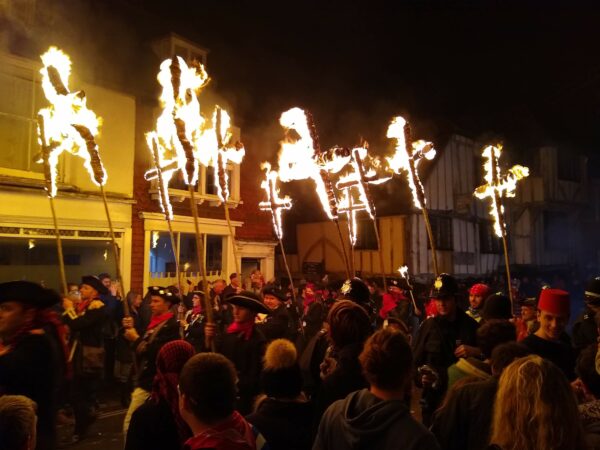
The modern state form itself is inextricable from the commandement, not just as an emblem for sovereignty in Schmitt’s sense, but also because the exemplary political form of modernity, the nation-state, has racist and exclusionary tendencies that can be understood as political-theological transfers of monotheistic principles.
